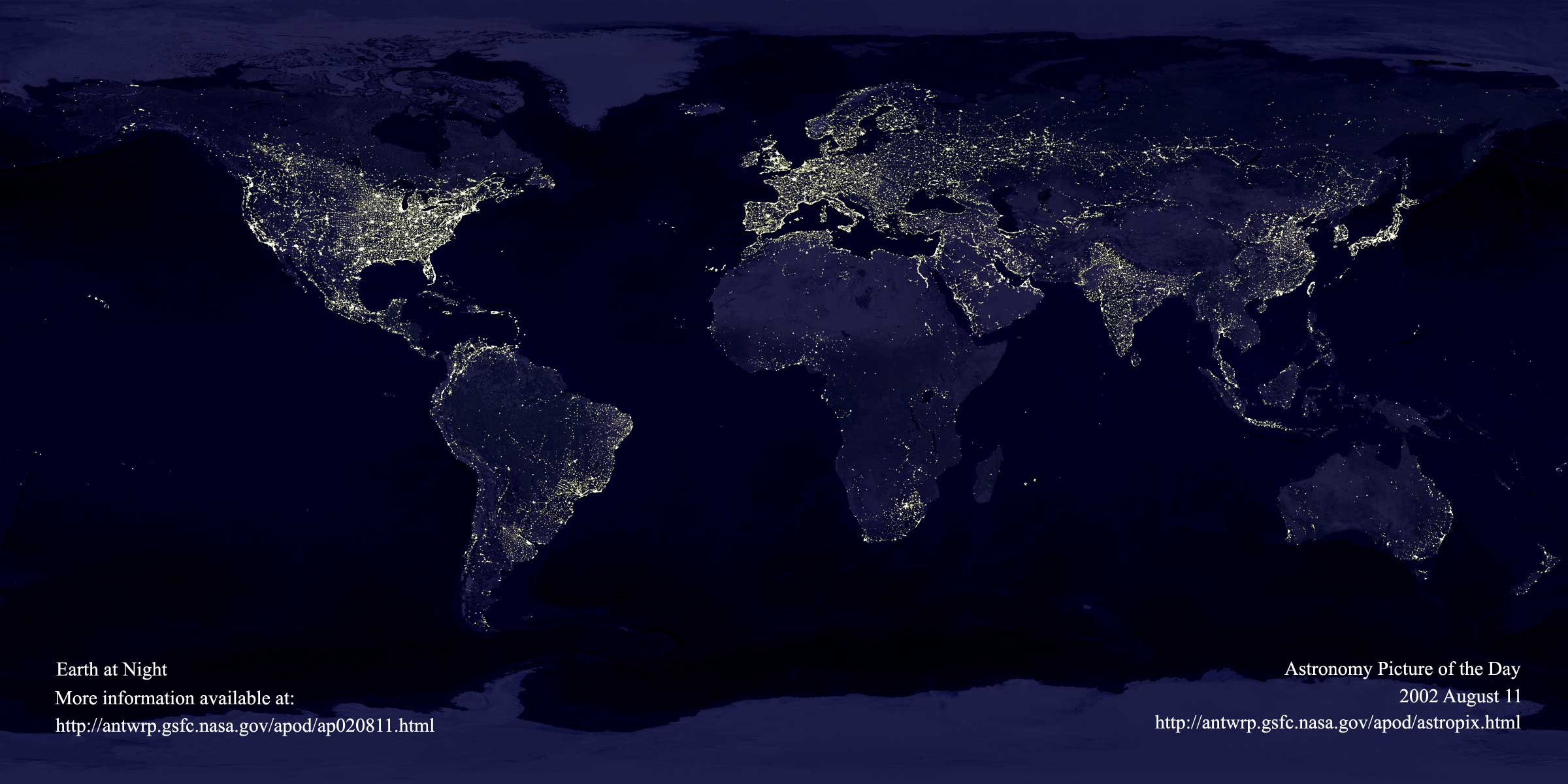
Yes, this is a quick entry, but I also am using this entry as a beginning of my declaration of love for The Who. "A quick one while he's away" is a song ostensibly about a girl who's man goes away, and finds solace in the arms of Ivor the Engine Driver after friends suggest the very thing. Her man returns, finds out she's been unfaithful, but then forgives her. Its a 10 minute long song comprised of 4 smaller, 2:30 second songs. If you haven't heard it, I suggest you find it and give a listen. Pete Townshend is on record saying that the song is about child abuse, but since all 4 members collaborated on the song, I'm not so sure that the rest of the band would agree.
I'd also like to mention, at least start to mention, because I could go on about this for pages at a clip, is how The Who are far more influential to rock and roll than The Beatles. The Beatles really weren't rock and roll, they were pop artists. They started off very poppy, and then got eclectic, but had a time shaking that pop outlook and sound. There's plenty of songs in their later days, after their "rebirth" of Sgt. Peppers, that remained popular and attractive to the general populace. The Who certainly had their share of popular songs, but they also had songs like the one I mentioned above, as well as another rock operetta, "Rael" that were innovative and completely ahead of their time. In 1966, when The Who were releasing songs like "A Quick One..", "Happy Jack", and "Cobwebs and Strange"(a blog post in itself), the Beatles were releasing songs like "Paperback Writer", "Good Day Sunshine", and "Taxman". I've heard critics extol their Revolver album like it was the second coming of Jesus or a really good dump after a hard night's drinking, they go on and on about how refreshing and revolutionary it was. Bull. Some compare the drum playing in "Tomorrow Never Knows" to "Cobwebs and Strange". When they do, I immediately discount their opinion.
The Beatles weren't the best band of their time, they were simply the biggest pop stars. They didn't have the most talent, they didn't have the best song writers, they didn't have the best musicians, and they sure as hell didn't have good stage presence. They would stand there like they were on display at Madame Tussaud's, and play their little instruments and sing their little songs like the good little organ grinder monkeys that they were. No, at that time, 1966(just for reference), there were The Who and The Rolling Stones, and soon after came Jimi Hendrix, Led Zeppelin, and Pink Floyd. But focusing on what the Who were doing in 1966, they were rocking the hell out, destroying stages, and being real god damned rock stars. At the same time, they were collaborating on songs like "A Quick one while he's away", expanding their repertoire and range.
Getting back to the beginning subject(hah!) of this post, go have a listen to the song. If you like Tommy, you'll love it.


